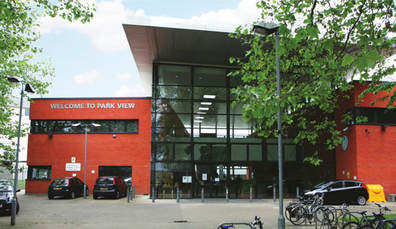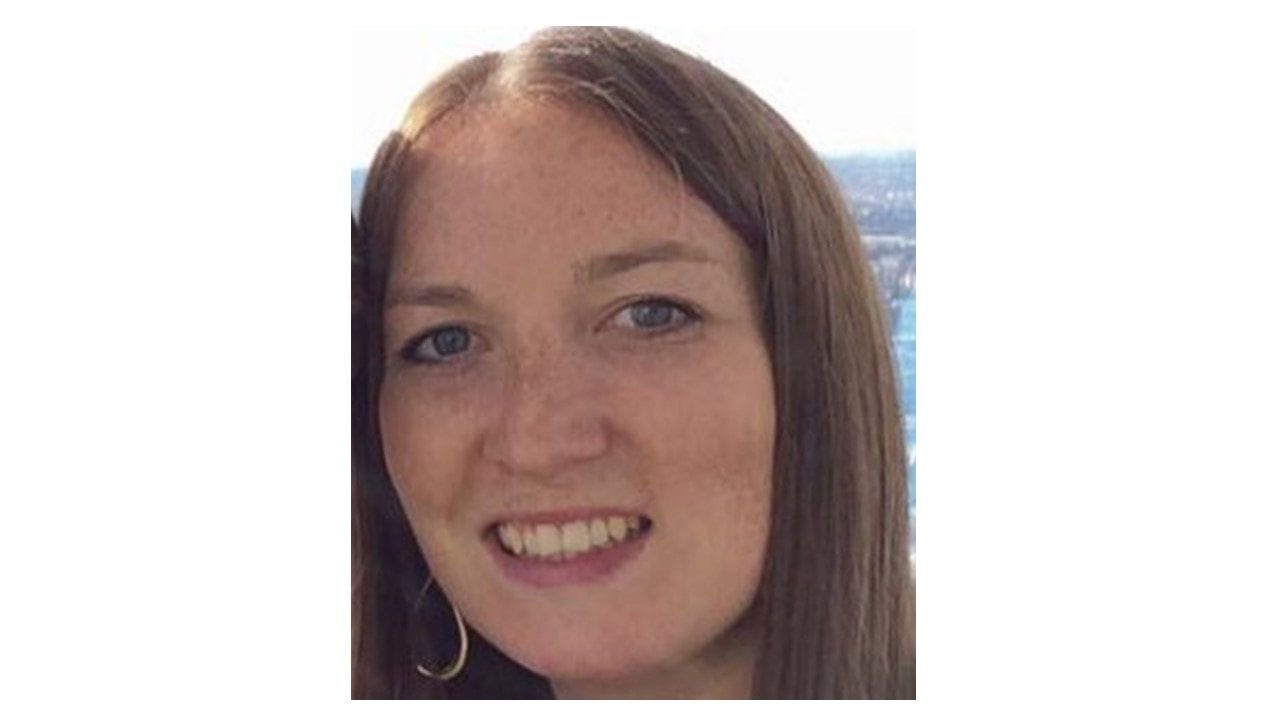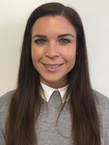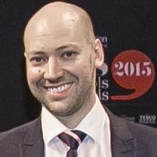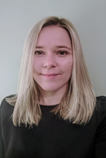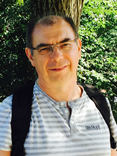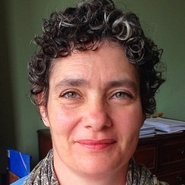Thank you to everyone who attended the Conference on the 27th Jan 2018.
It was a fantastic day, with inspiring workshops, enthusiastic delegates and a great closing panel session hosted by Zeb Friedman.
You can access the workshop presentations by following the links below.
It was a fantastic day, with inspiring workshops, enthusiastic delegates and a great closing panel session hosted by Zeb Friedman.
You can access the workshop presentations by following the links below.
'With respect to making accessible the deep structure of any given discipline, I think the rule holds that any subject can be taught to any child at any age in some form that is both honest and powerful. It is a premise that rests on the fact that more complex abstract ideas can in fact be rendered in an intuitive, operational form that comes within reach of any learner to aid him (sic) towards the more abstract idea yet to be mastered.'
Bruner, J. S. (1972), The relevance of education, Trowbridge: Redwood Press Ltd
Bruner, J. S. (1972), The relevance of education, Trowbridge: Redwood Press Ltd
Megan BaileyDifferentiation is not a dirty word
This session will seek to explore how to challenge the thinking of all learners in a mixed attainment setting and keep everyone learning. We will look at how mastery approaches that emphasise the whole class moving forward together work in practice when you have learners who may be at different starting points. Megan is a KS3 mathematics coordinator in a Secondary School in London.
@mbaileymaths Andrew Blair &
|
Kate Gladstone-Smith & Paul McGarrTo set or not to set at KS4?
This workshop will look at the results of an experiment from teaching a year group of year 10 in half mixed classes and half set classes. We will then explore an activity we have found works well for KS4 mixed attainment classes. Kate and Paul are joint heads of mathematics at Langdon Park School in East London.
@kgladstonesmith @paulmc9139 Helen Hindle
Problem Solving and Reasoning in mixed attainment classes
In this workshop we will look at effective ways of ensuring that all pupils engage in problem solving and reasoning in a mixed attainment classroom. Participants will get the opportunity to look at and create 'multiple entry point' tasks which provide support and challenge for all. The strategies shared in the workshop are relevant for both KS3 & KS4 and are helpful for preparing students to tackle the AO2 and A03 GCSE questions. Helen is the leader of a mathematics department in Rainham, East London. @helenhindle1
Jeremy HodgenWhy teach in mixed attainment classes? Lessons from research.
I will discuss why and how to teach in mixed attainment groups with a particular focus on research evidence. I will draw on the work and award-winning materials of the Best Practice in Grouping Students study. Jeremy is a Professor of Mathematics Education at the Institute of Education UCL
@jeremyhodgen Sam Hoggard
Introducing algebra at KS3
Participants will be invited to engage in tasks and reflect on these, an approach to introducing algebra at KS3 will be shared along with resources. Sam is a Mathematics teacher in Oxford.
@Sam_Hoggard |
Colin Jackson
Maths in Context
Over the last 10 years the Mathematics Education Centre at Sheffield Hallam has developed a number of free mathematics resources through a variety of curriculum development projects. All the resources have been designed with students of all attainment levels in mind, many focusing on KS3. This workshop will be a brief hands-on introduction to some of the Maths in Context materials, produced as part of the STEM Subject Choice and Careers Project. (The Maths in Context project supported The STEM Subject Choice and Careers Project.) Colin is a teacher educator and researcher. He has recently left Sheffield Hallam University.
@colfmjac Michael Ollerton
Angle from KS3 to KS4:
This session will have a focus on angle from KS3 through to Circle/ angle theorems at KS4. My intention is for us to work on the mathematics arising from three main tasks which are intended to be progressive by design. The final part of the session will be used to discuss implications and possibilities for adapting the ideas for learning and teaching in your classrooms. Mike is a Freelance mathematics education consultant.
@MichaelOllerton Hilary PoveyCreating a mathematics learning community through ensemble
In order for mixed attainment teaching to be successful, it seems to me to be essential that the learners see themselves as part of a co-operative and mutually supportive learning community rather than as isolated individuals in competition with one another. Drawing on ideas from Complicite's curriculum project Embodying Mathematics to which I contributed, this workshop will briefly explore ideas around using ensemble theatre to build such a learning community in Y7 mathematics classrooms. Hilary is a Professor in Mathematics Education at Sheffield Hallam University
Zebedee Friedman
Plenary & Panel
Zebedee will be hosting the closing session in which delegates will be given the opportunity to discuss and reflect on their chosen workshops. Delegates will also be given the opportunity to put questions to a panel of teachers, all of whom are leading their departments towards mixed attainment classes. These questions can be about the ‘nuts and bolts’ of change or more ideological in nature. Information about who will be on the panel will be published nearer the conference date. Zebedee is a mathematics teacher in Wales and a mathematics education consultant. @zebfriedman
|
